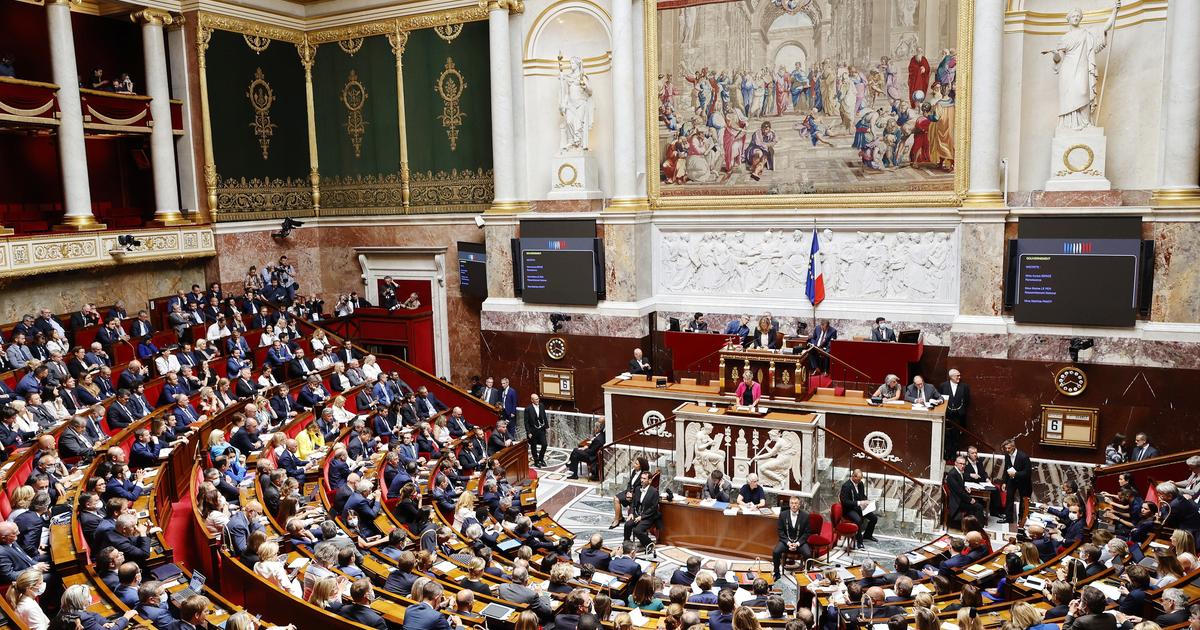In economic jargon, a black swan is that event that nobody has on their road map but that, when it arrives, converts all forecasts into wet paper. 2020 already has its own: Wuhan's coronavirus, which has crossed China's borders and is being virulently primed on financial markets around the world. And Latin America, where the pathogen has also arrived, is far from foreign to that storm surge: since Monday, the 40 largest listed in the region - grouped in the S & P40 Latin America index - have lost almost 80,000 million dollars of capitalization, 11% of its value. As in Wall Street and in the main European squares, it is the biggest weekly drop since the worst years of the Great Recession.
MORE INFORMATION
Mexico records the first case of coronavirus- The Ibex suffers its worst week since 2010 with a fall of 11.76%
The S&P 40 is a fairly faithful still photo of what is happening in five major Latin American markets (Brazil, Mexico, Colombia, Chile and Peru), since it brings together practically all the major regional names: from Brazil's Petrobras, Vale or Itaú to the Mexican América Móvil or Banorte passing through Banco de Chile or Bancolombia. Together, they account for 70% of the total capitalization of all listed companies in their countries of origin. And the result does not leave much room for doubt: investors have pushed the panic button and the indent is being capitalized. Although all their values have ended the week in red, the differences are important, with the transport and tourism sectors between the most beaten and the banks and the electricity saving the furniture from burning.
Latin America was one of the few dominoes that still stood before the generalized collapse. Until Wednesday, when Brazil detected the first case, Latin America was one of the few regions without a coronavirus trace on the global board. But, in parallel to the drip of new contagions - this Friday has been the turn of Mexico - the Latin American piece has fallen. And he has done it with rumble. Beyond the selective that brings together the 40 largest companies in the region, the wrestling of the Wuhan virus (China) has led to negative terrain the variation of all Latin American stock indices so far this year, with one week -this last -, aciaga: the Mexican CPI has left more than 7% and the Brazilian Bovespa, almost 11%. "It was a matter of time. Until now, the virus was only an external reality that impacted exports. But now, with the first cases in Brazil and Mexico, it is already an internal reality. And Latin American public health systems are much more weak than in Europe or Japan, "says Alberto Ramos, chief economist at Goldman Sachs for Latin America.
Coins also suffer
Parallel to the passing of the Stock Exchanges, the main currencies of Latin America have prolonged their fall on Friday. Many were already depressed - the Argentine peso, dragged by the everlasting local crisis; the Brazilian real, for the expansive monetary policy of its central bank; the Chilean peso, due to the effect of the social outbreak of the end of last year on the economy — but even those that had best resisted the attacks so far, such as the Mexican or Colombian peso, are suffering from their particular via crucis . This Friday, the first is left more than one percentage point against the dollar after the first case in the North American country was confirmed. "All investors are retreating and looking for safe assets," says Rafael Camarena, an analyst at Banco Santander in Mexico. The fear of coronavirus expansion has gone deep.




/cloudfront-eu-central-1.images.arcpublishing.com/prisa/ZUQZWVIIFJBVBIC3WEJ4LBUFDM.jpg)










/cloudfront-eu-central-1.images.arcpublishing.com/prisa/H7U7FJNUZBG6BPL5PZCMGC6EUY.jpg)